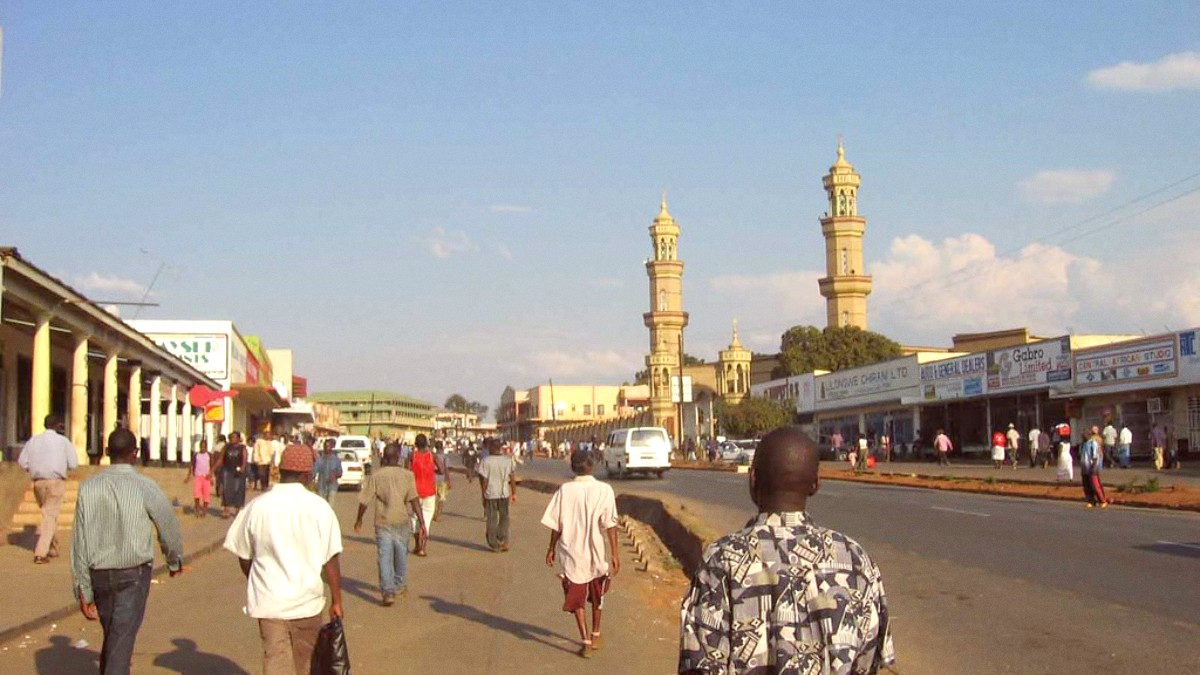
Malawi
The Lilongwe Wildlife Centre works on wildlife rescue and education. National Parks like Liwonde, Majete, and Nyika are for biodiversity conservation. Your visit supports these efforts.
Waste management infrastructure is growing but limited. Recycling facilities are scarce. Minimize waste, use a Reusable water bottle, and bring a Reusable shopping bag. Be mindful of water usage during your stay.
Your travel choices influence local economies. Seek out community-based tourism, fair trade products, and locally-owned businesses. This helps ensure profits stay within the local community.
Support Malawi's natural beauty through conscious travel.
The Lilongwe Wildlife Centre is a conservation project. Malawi's National Parks (Liwonde, Majete, Nyika) are useful for diverse wildlife and ecosystems.
Waste management in Malawi is evolving. Recycling is limited. Water scarcity can occur. Reduce your environmental footprint during your journey.
Consider compensating for your international flights. Several airlines or third-party organizations present choices to mitigate the environmental footprint of your air travel by investing in projects that work to reduce greenhouse gas emissions.
When selecting accommodations and tour operators, seek those that explicitly promote eco-tourism practices. Such establishments may utilize solar power, implement responsible waste management, involve local communities, and support wildlife conservation.
Consider sustainable outdoor gear from companies like Patagonia for your excursions.
Reusable Products for TravelChoose tour operators with strong ethical stances, such as G Adventures, known for responsible tourism.
Support ConservationKumbali Country Lodge near Lilongwe is an example of an establishment with strong eco-conscious practices and a commitment to sustainability. Inquire about their environmental policies.
Thoughtful interaction and respect for local customs enrich your travel experience.
Kumbali Cultural Village near Lilongwe demonstrates traditional Malawian culture through demonstrations, performances, and interactions. Support local artists and craftsmen by purchasing directly from them at markets or designated craft centers to help sustain traditional skills and livelihoods.
Always greet locals respectfully. Seek permission before taking photos of people. Engage in polite bargaining at markets. Dress modestly, notably in rural areas and religious sites. Be cautious about giving money or sweets directly to children; it is better to support local schools or community projects.
Prioritize consent and privacy in your photography. Some cultural practices or sacred sites are not suitable for photography.
Always ask permission before photographing individuals, especially children. Respect their choice if they decline.
Do not take photos of government buildings, military installations, or police stations to avoid serious issues.
Be aware of private property and cultural sensitivity. Some sacred sites may be off-limits for cameras.
Dress modestly when visiting churches or other religious sites. Remove shoes if entering a mosque or a traditional sacred space. Be quiet and respectful during services or prayer times.
Your travel choices influence local communities directly. Make informed decisions.
Seek and support tours or accommodations that directly benefit local communities. These initiatives provide employment, fair wages, and income generation. Kuti Wildlife Reserve, for instance, is a community-run endeavor that intends to provide economic benefits to surrounding areas. Inquire about community involvement.
Purchase souvenirs and crafts directly from artisans at markets or from shops that clearly state fair trade practices. This confirms that profits go directly to the producers rather than intermediaries. Choosing locally-owned guesthouses, restaurants, and tour operators over large international chains, where possible, is also beneficial.
Be aware of begging and avoid giving money directly to individuals, especially children. While well-intentioned, this can create dependency and disrupt local social structures. Do not engage in activities that exploit people or animals. Avoid orphanage tourism or casual visits to orphanages.
When considering souvenirs, especially wood products, check that they meet international customs rules to avoid issues upon return. Avoid buying products made from endangered species to support wildlife conservation and international regulations.
Buying fresh produce and goods from local markets, rather than solely from large supermarkets, injects money directly into the local economy. This practice backs small entrepreneurs and farmers, contributing to broader economic stability within communities.
Be cautious of tours or interactions that seem to exploit people or animals. Your choices make a difference.
If you wish to support, donate to registered child protection organizations, not directly to individuals.